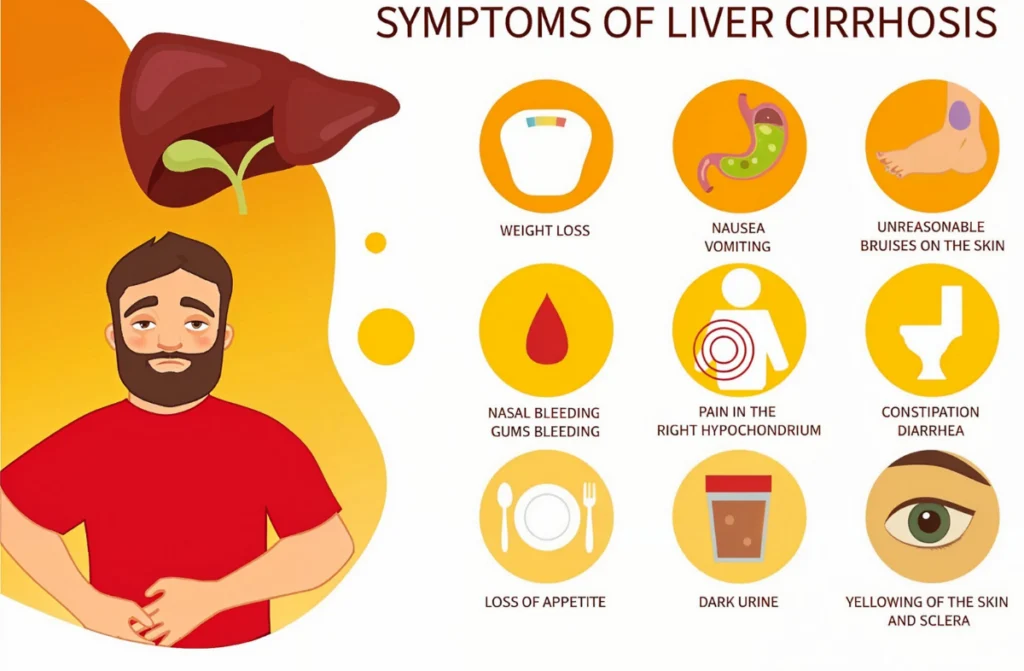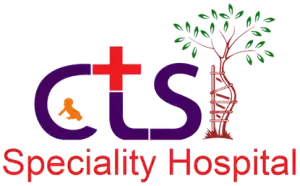The liver, a powerhouse of essential body functions, often sends subtle signals when under strain. Recognizing the early signs of liver failure can help you act before the condition becomes severe. The liver not only detoxifies harmful substances but also aids digestion and manages nutrient levels. Missing early warnings like fatigue or yellow skin could lead to dangerous complications. Understanding these signs equips you to seek timely care, protecting your health and your liver’s longevity.

What is Liver Failure?
Liver failure is a critical health condition in which the liver’s ability to perform necessary tasks, like filtering toxins and producing essential proteins, is severely compromised. This can develop suddenly—known as acute liver failure—or gradually as a result of ongoing liver disease, leading to chronic liver failure. As the liver’s filtering capacity declines, toxins accumulate, affecting other organs and overall health. In advanced stages, liver failure can be life-threatening, highlighting the importance of early medical intervention.
Early Signs of Liver Failure
Identifying the initial signs of liver failure can enable faster treatment and prevent complications. Often, the early signs are vague and can mimic other conditions. However, staying alert to these changes can be life-saving. Typical early indicators include:
- Fatigue: Persistent exhaustion that doesn’t improve with rest.
- Nausea and Appetite Loss: A frequent queasy feeling and a lack of interest in eating.
- Jaundice: The yellowing of skin and eyes caused by toxin buildup in the body.
If these symptoms appear, consider first symptoms of liver disease and consulting a liver specialist at CTS Hospitals for a comprehensive check-up, as early treatment is vital for managing liver health.
Symptoms of Liver Disease
Early signs of liver disease may seem minor but are important to recognize, as they reflect the liver’s struggle to function. Detecting these first symptoms of liver disease provides an opportunity for effective treatment. Typical initial symptoms include:
- Fatigue: Consistent feelings of tiredness that don’t respond to rest.
- Nausea and Vomiting: Frequent queasiness and stomach upset.
- Jaundice: One of the first noticeable symptoms, marked by a yellowish hue in the skin and eyes.
- Swelling: Unexplained bloating or swelling, especially in the abdomen, legs, or ankles.
- Changes in Urine and Stool Color: Dark urine or pale stool, indicating liver strain.
It is essential to recognize these early signs of fatty liver disease, as early detection can prevent further complications. By noticing these early signs of fatty liver disease and seeking medical guidance, individuals can take steps toward better liver health and improved overall wellness.from experts at CTS Hospitals, you may be able to address liver issues before they progress.
Types of Liver Failure
Liver failure typically falls into two categories, each with distinct causes and symptoms:
Acute Liver Failure: This form develops swiftly, sometimes within days, due to infections, toxins, or drug toxicity (such as acetaminophen overdose). Common signs include:
- Yellowing of the skin and eyes (jaundice)
- Sharp abdominal pain
- Persistent nausea and vomiting
- Confusion or disorientation
Chronic Liver Failure: This type progresses over time, often linked to conditions such as chronic hepatitis, alcohol misuse, or non-alcoholic fatty liver disease. Symptoms typically include:
- Chronic fatigue
- Swelling in the legs and abdomen
- Bruising or bleeding easily
- Persistent jaundice
Understanding the specific type and symptoms of liver failure is essential for effective diagnosis and treatment.
Stages of Liver Failure
Liver failure advances through several phases, each with distinctive signs:
- Hepatitis: The liver experiences inflammation, commonly from infection or toxic exposure.
- Fibrosis: Scar tissue begins forming as the liver attempts to heal itself, causing reduced function.
- Cirrhosis Disease: Advanced scarring disrupts liver structure, impacting its ability to perform necessary functions.
- End-Stage Liver Disease (ESLD): Liver function is critically impaired, leading to liver failure.
Awareness of each stage’s symptoms helps in seeking timely medical attention to manage or slow disease progression.
Diagnosis and Tests
Early detection is crucial for managing liver health effectively. Recognizing initial symptoms should prompt diagnostic testing, such as:
- Blood Tests: These measure liver enzymes and bilirubin levels to assess inflammation or liver damage.
- Imaging Tests: Ultrasound, CT scans, or MRI can visualize abnormalities or damage in the liver.
- Liver Biopsy: In some cases, a small tissue sample is analyzed to determine the extent of damage.
By utilizing these tests, healthcare providers at CTS Hospitals can identify liver conditions early and recommend appropriate treatments.
Management and Treatment
For liver disease, early intervention with a combination of medical and lifestyle strategies is essential to reduce liver strain and improve outcomes. CTS Hospitals offers a personalized approach to help patients manage liver health effectively, especially when the first signs of alcohol liver disease are detected.
- Medications: Specific medications may be prescribed to address inflammation or infections affecting the liver, including cases where the first signs of alcohol liver disease appear.
- Lifestyle Changes: Limiting alcohol intake, eating a nutritious diet, and maintaining regular physical activity are crucial to support liver function.
- Advanced Interventions: In severe cases, surgery or a liver transplant may be required for survival.
CTS Hospitals’ specialists provide guidance on treatment and lifestyle changes, helping to ensure comprehensive care at every stage of liver health.
Conclusion
Spotting early signs of liver failure, like fatigue, nausea, jaundice, or swelling, is essential for timely treatment. Early diagnosis and proactive management can significantly slow or even reverse liver damage. CTS Hospitals offers a range of expert services to support liver health and treatment options. If you or someone close to you experiences these symptoms, don’t hesitate to consult CTS Hospitals to safeguard liver health and overall wellness.
